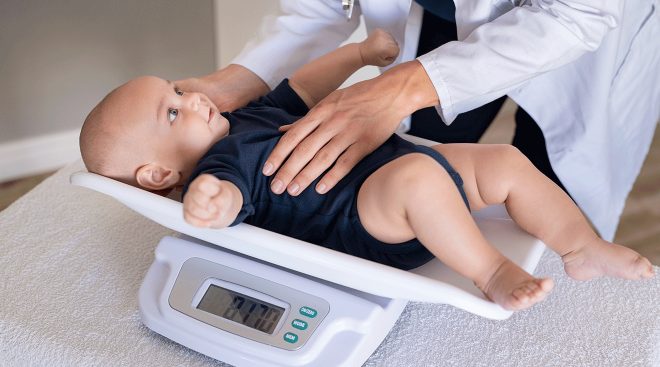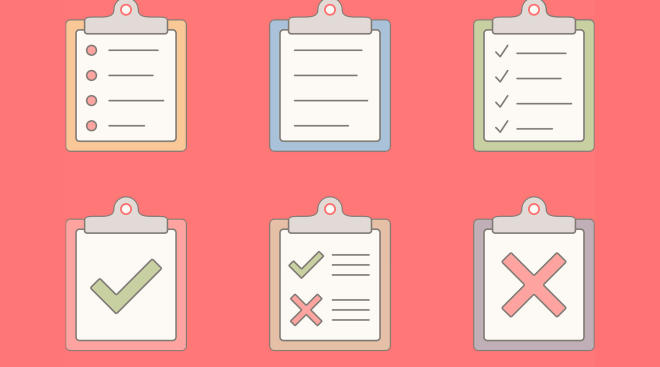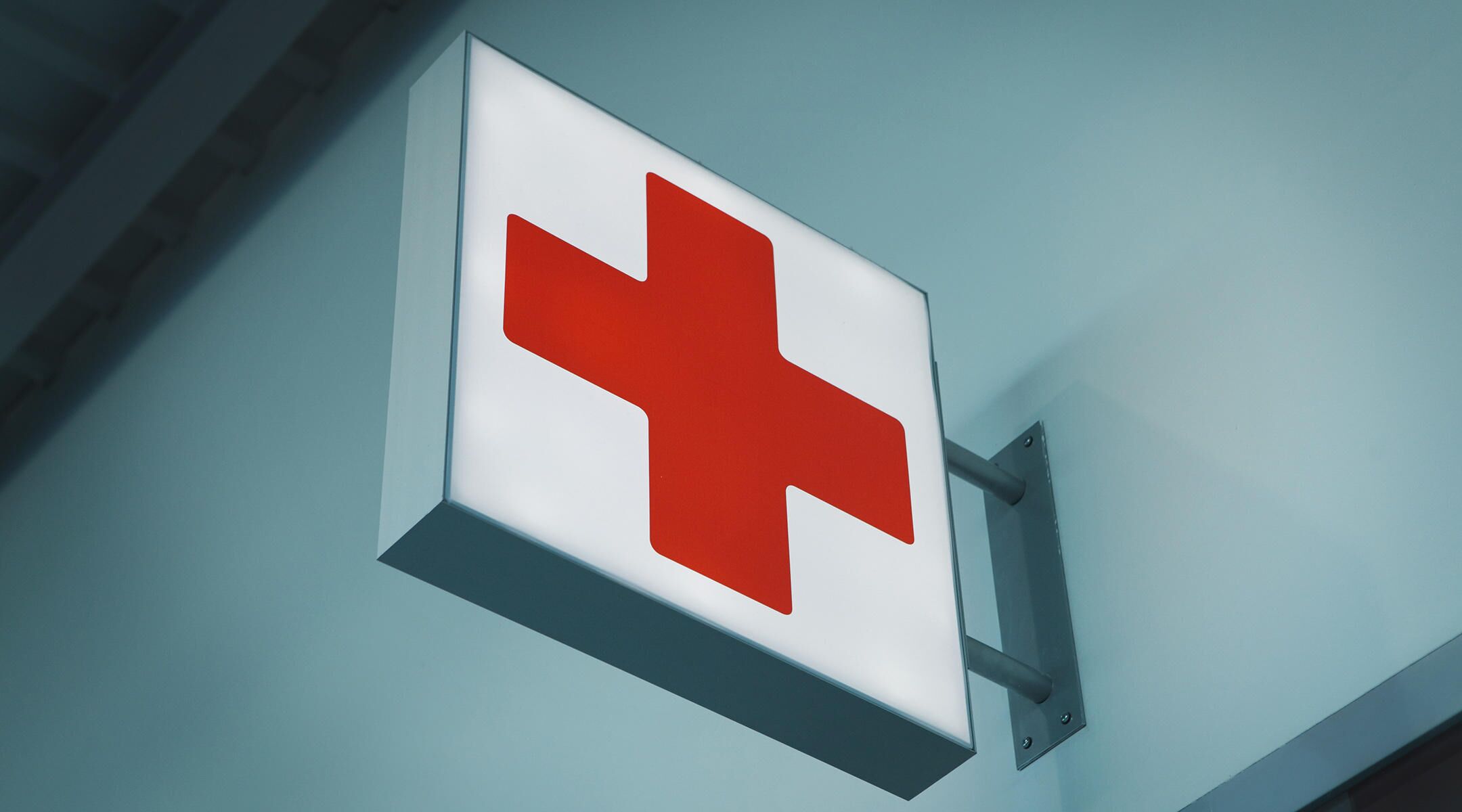Top 10 Questions Parents Ask at the Newborn Well Visit
Baby is finally here! Now that you have a newborn in the house, though, you no doubt have a billion questions. After all, everything is new. Babies typically head to their pediatrician’s office for a newborn well visit two to three days after birth. Here are the top 10 questions we as pediatricians hear from parents during that first check-up.
When a baby is first born, you should feed a newborn “on demand” or whenever they seem hungry. (It may seem like you’re feeding all the time, and you are!) Aim for your baby to breastfeed eight to 12 times in a 24-hour period. Allow them to nurse until they seem full—that’ll also allow them to get the higher fat content of the hindmilk, which comes toward the end of a nursing session. If you choose to formula-feed, your newborn may take approximately 2 ounces per feeding, every three to four hours.
Usually a one-day-old baby will have one or more wet diapers. A 2-day-old will have two or more wet diapers, a 3-day-old will have three, and so on. By the end of the first week or whenever a mother’s milk is fully in, you can expect baby to have six or more wet diapers a day.
Newborn poop can come in a range of colors and still be normal. After your baby passes meconium on the first few days of life, which is a tarry black, stools can be yellow and seedy and slowly transition to green and brown in color. Stools are typically loose and watery. However, red or black stool may be a sign of bleeding, and white or grey stool may be a sign of liver disease, so flag those with your baby’s pediatrician.
Often, babies will lose 7 to 10 percent of their birth weight in the first week of life and will return to their birth weight by 2 to 3 weeks of age. You’ll have frequent visits to your pediatrician’s office in the beginning to make sure baby is getting enough breastmilk or formula and growing well. Typically, babies will gain approximately one ounce every day, or two pounds per month, during the first three months of life.
Dry or peeling skin is completely normal in the beginning. After all, baby was in a wet environment for months and now they’re out in the drier world! You can talk to your pediatrician about using Vaseline or other baby lotions on your newborn’s skin, but they’re often not needed.
Yes, congestion is normal. Sneezing is a way to clear out nasal congestion and is also normal.
Hiccups are completely normal. You may have even noticed them when baby was still in the womb! Rest assured, they don’t bother your baby at all and will resolve with time.
Most pediatricians recommend simply leaving the umbilical cord alone. There’s no need to clean it with alcohol or by other means. Avoid submerging baby in water for a bath and instead do sponge baths until the cord falls off and the belly button is completely healed. In the meantime, to avoid any cord irritation, turn down the top of baby’s diaper or use special newborn diapers with a cutout for the cord.
Babies can often be born with long nails! You can use a baby nail file or baby nail clippers to cut newborn nails, but we find it’s safest to use a nail file, since we often see accidents where a little wiggly finger is cut. It’s much easier to file their nails when baby is calm, such as after a bath or during nap times.
Babies don’t get very dirty, so they don’t need to be bathed every day—in fact, daily baths can dry out delicate newborn skin. Bathing every other day or even three times or less a week may be all they need in the beginning!
Meet Dina DiMaggio, MD, and Anthony F. Porto, MD, MPH, official spokespeople for the American Academy of Pediatrics and the co-authors of The Pediatrician’s Guide to Feeding Babies and Toddlers. They write about the latest AAP guidelines, studies and seasonal issues affecting babies and toddlers. Follow them on Instagram @pediatriciansguide.
Published November 2019
Please note: The Bump and the materials and information it contains are not intended to, and do not constitute, medical or other health advice or diagnosis and should not be used as such. You should always consult with a qualified physician or health professional about your specific circumstances.
Navigate forward to interact with the calendar and select a date. Press the question mark key to get the keyboard shortcuts for changing dates.




















































